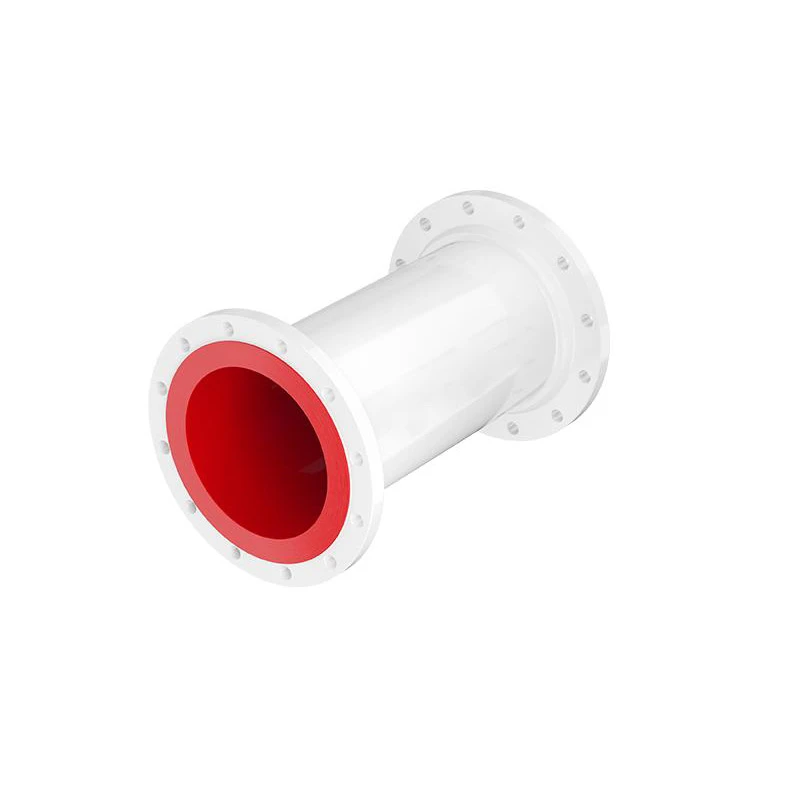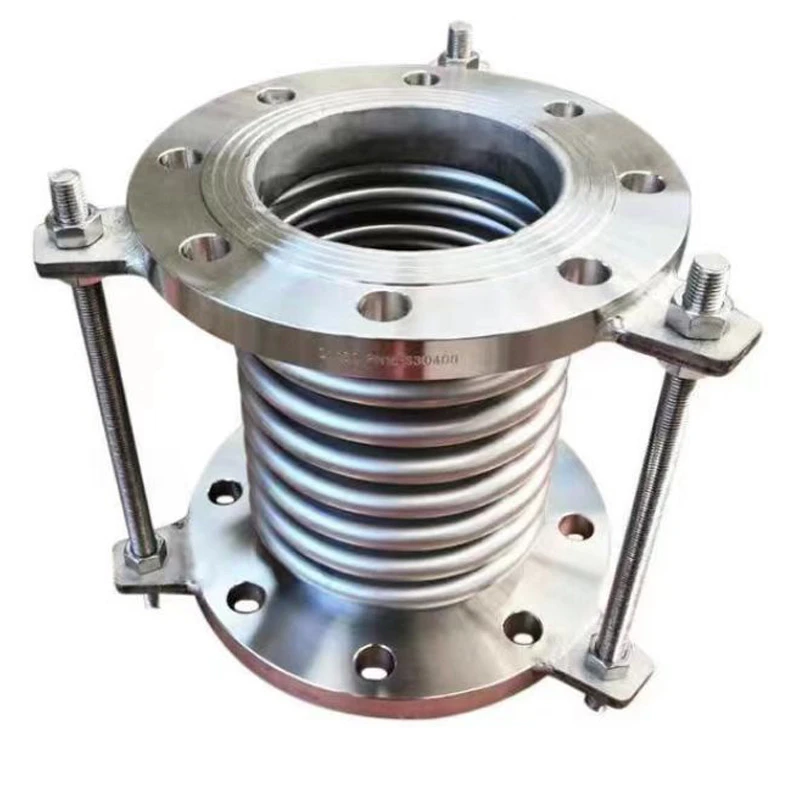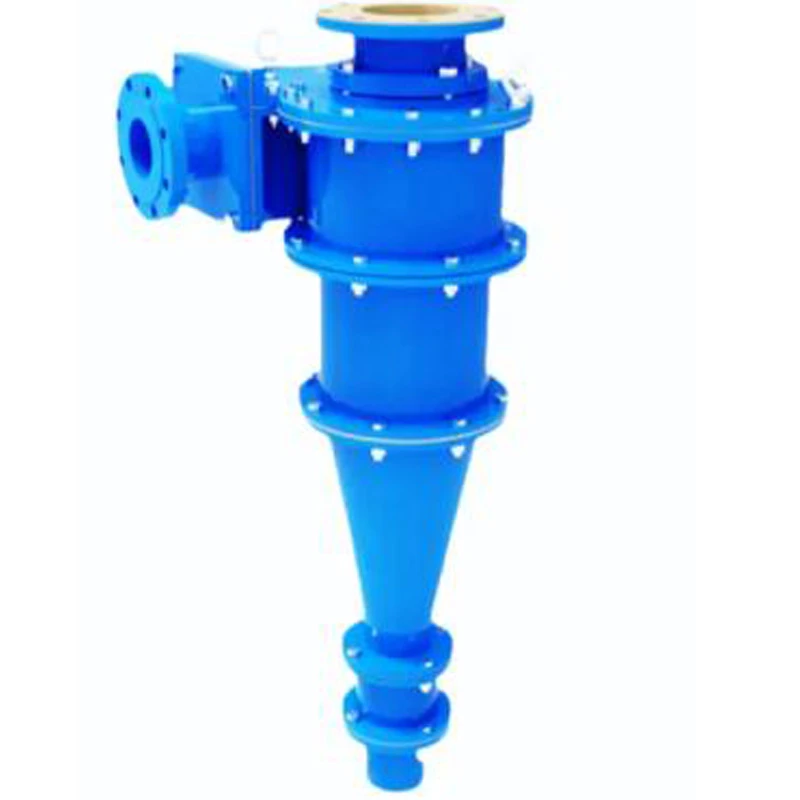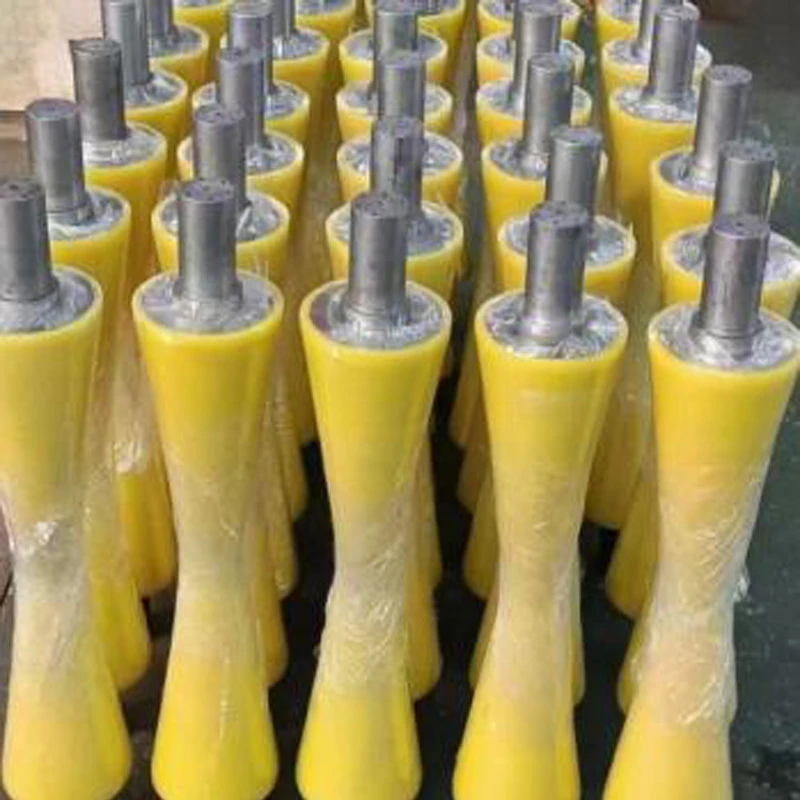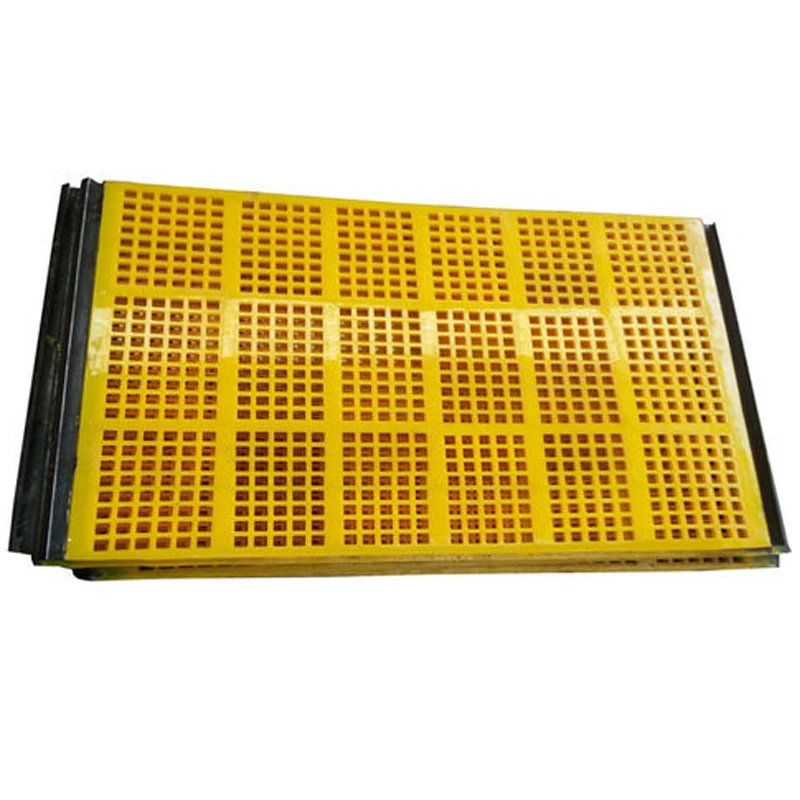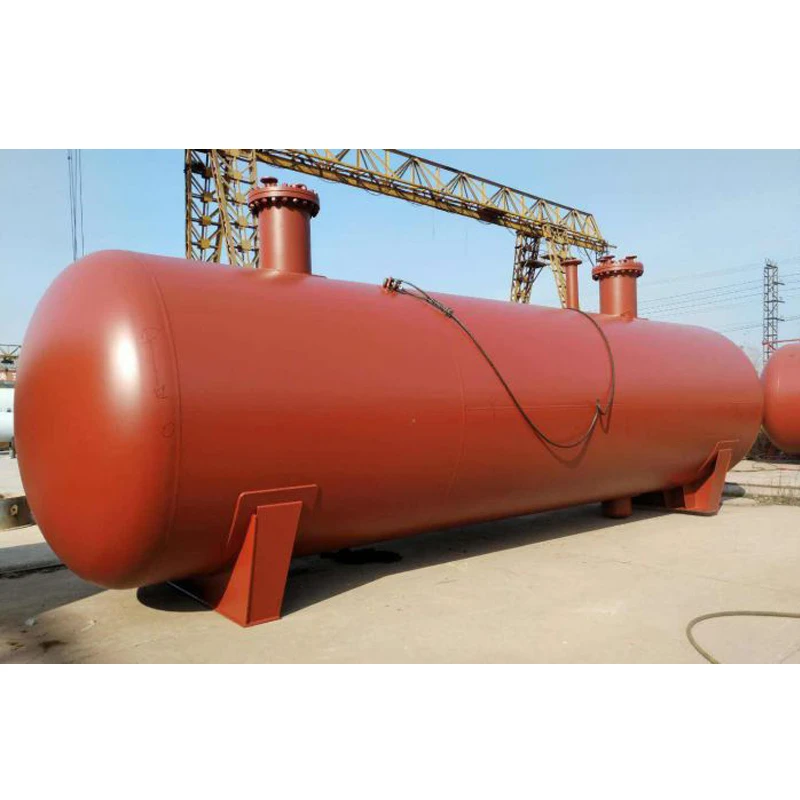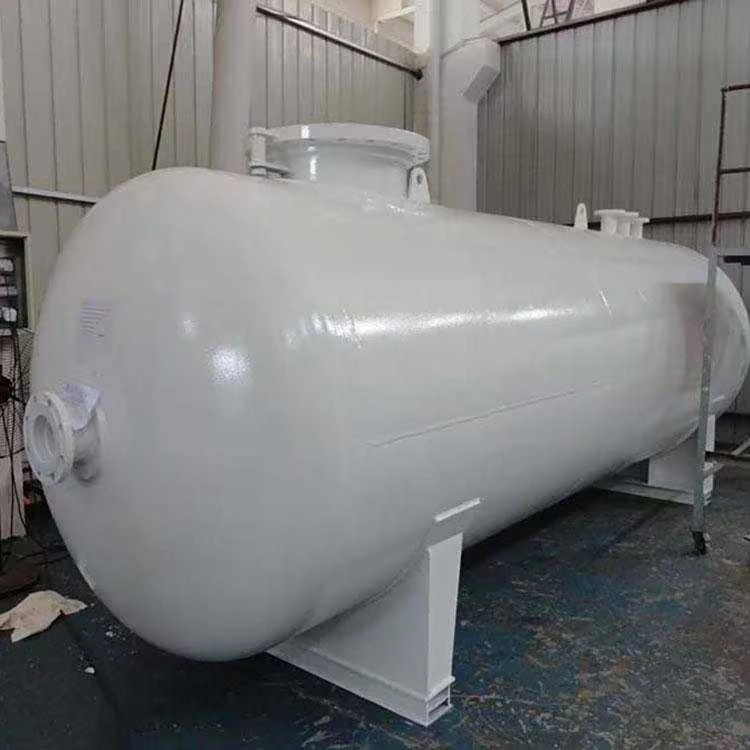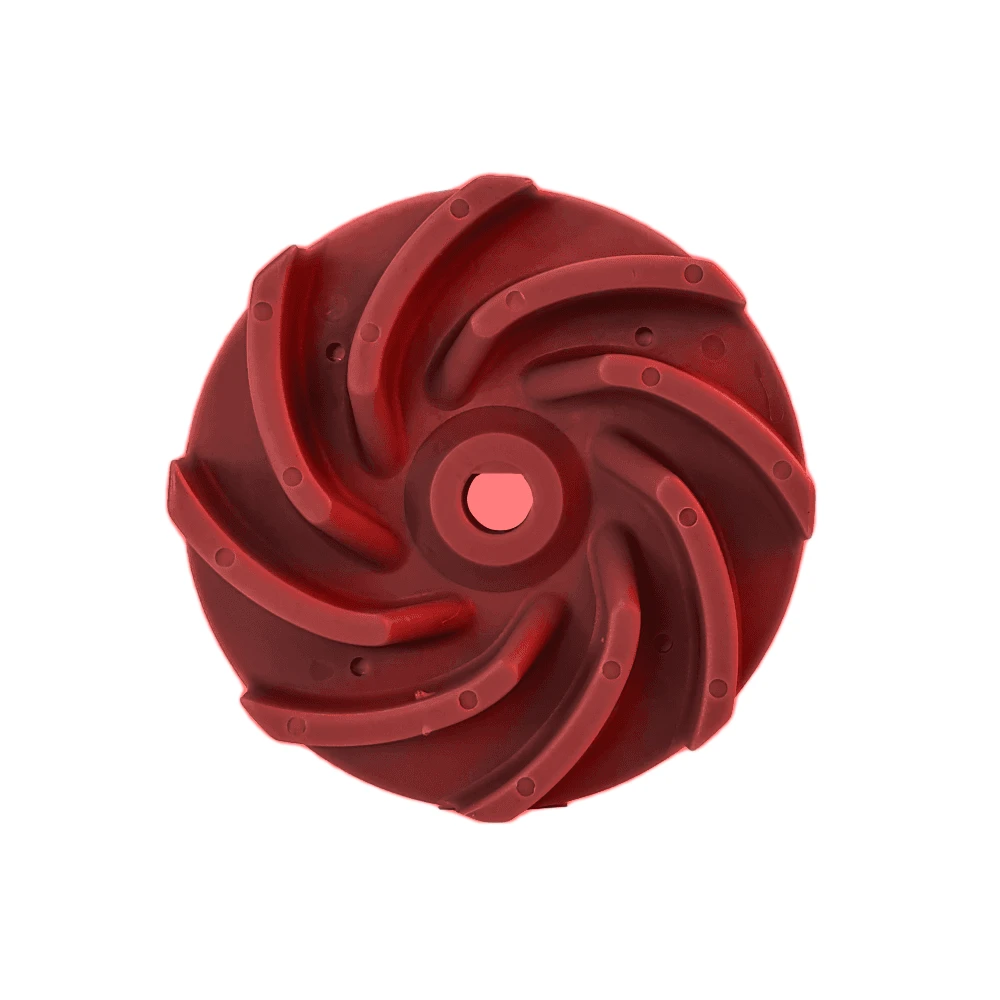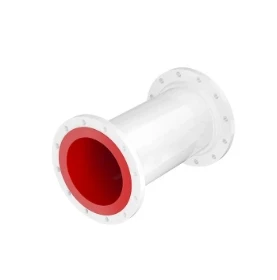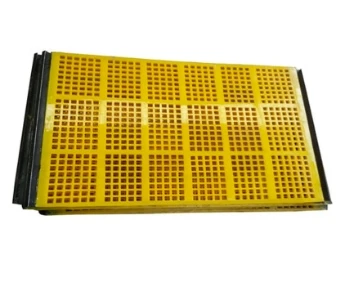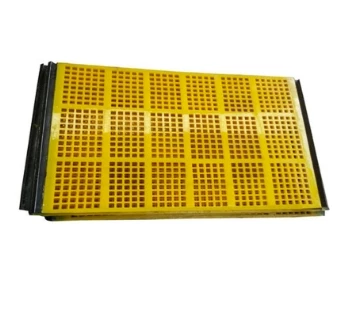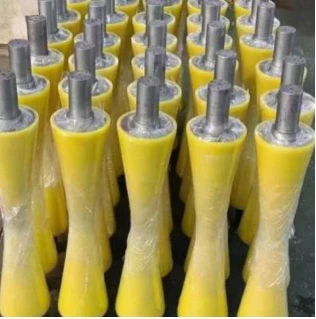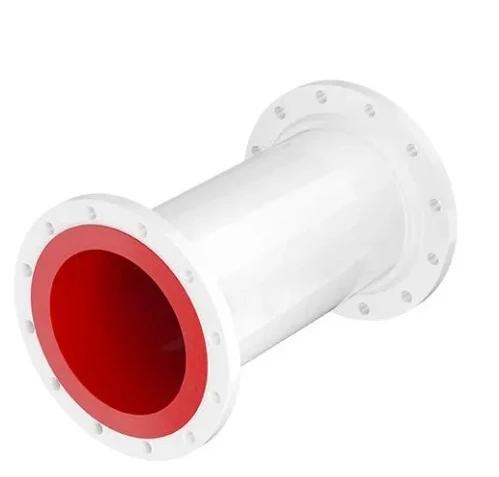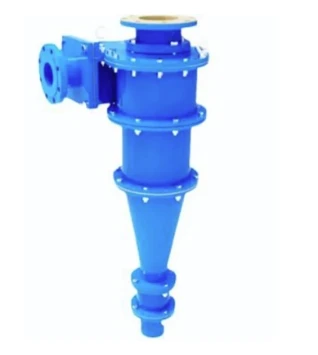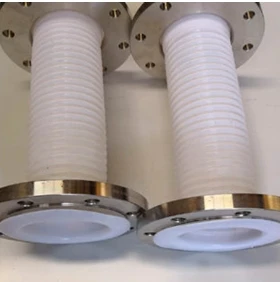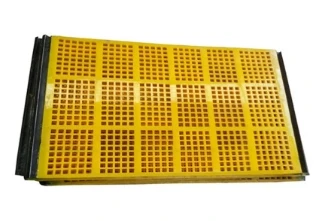Corrosion-Resistant Lined Pipe Fittings & Fuel Elbows
The Imperative Role of Lined Pipe Fittings in Demanding Industrial Operations
In the demanding landscape of modern industrial processes, where abrasive slurries, corrosive chemicals, and high-temperature fluids are commonplace, the integrity and longevity of piping systems are paramount. Conventional piping materials often succumb to premature wear, leading to costly downtime, extensive maintenance, and potential environmental hazards, which can severely impact operational profitability and regulatory compliance. This is precisely where the innovation of lined pipe fittings emerges as a transformative solution, engineered to withstand the most aggressive media. These specialized components feature an internal layer of highly resistant material, designed to provide superior protection against wear, abrasion, and chemical attack, thereby significantly extending the service life of pipelines and enhancing overall operational efficiency. The strategic application of lined pipe solutions is not merely about preventing material degradation; it fundamentally redefines maintenance schedules, drastically reduces operational expenditures by minimizing component replacements, and ensures critical process continuity, a substantial advantage for industries where even minimal disruption can cascade into significant financial losses. Furthermore, the selection of appropriate lining materials, whether it's high-performance polyurethane for severe abrasive slurries, PTFE for unparalleled chemical resistance, or various grades of rubber for impact absorption, allows for highly tailored solutions that precisely match the specific demands of diverse industrial applications, ranging from mining and mineral processing to complex chemical manufacturing, power generation, and municipal wastewater treatment. The initial investment in high-quality lined fittings is consistently justified by their long-term economic benefits, including superior performance, reduced energy consumption due to smoother flow, and optimized system reliability, which collectively contribute to a robust return on investment.
Polyurethane Lined Elbow Pipe: A Benchmark for Abrasive Fluid Handling
Among the various types of lined pipe fittings, the Polyurethane Lined Elbow Pipe stands out as an exceptional and often indispensable choice for conveying highly abrasive slurries, such as those encountered in mineral beneficiation, dredging operations, and hydraulic conveying systems across multiple industries. Polyurethane (PU), as a versatile elastomeric polymer, offers an unparalleled combination of properties critical for extreme conditions, including exceptionally high abrasion resistance, excellent elasticity, superior tensile strength, and good chemical resistance to a range of common acids, alkalis, and oils. Its remarkable ability to absorb impact energy and resist cutting from sharp, hard particles makes it significantly more durable than traditional lining materials like carbon steel, ceramic tiles, or even some grades of rubber in severe abrasive environments. For instance, in mining operations dealing with dense ore slurries containing highly abrasive quartz, granite, and other hard minerals, polyurethane lining dramatically extends the life of elbows and bends, which are inherently the most susceptible points to wear due to intense localized turbulence and directional changes in fluid flow. The manufacturing process for a high-performance Polyurethane Lined Elbow Pipe typically involves meticulous preparation of the robust steel elbow shell, followed by a specialized adhesive application, and then the precise casting or molding of the liquid polyurethane polymer directly into the steel housing. This process ensures a strong, homogenous, and chemically bonded interface that prevents delamination even under high internal pressures and rapid flow rates. This meticulous engineering ensures that the finished product not only meets but often exceeds stringent performance requirements, delivering a highly cost-effective solution by significantly reducing maintenance cycles and the associated operational downtime, thereby optimizing the overall efficiency and long-term profitability of critical industrial processes.
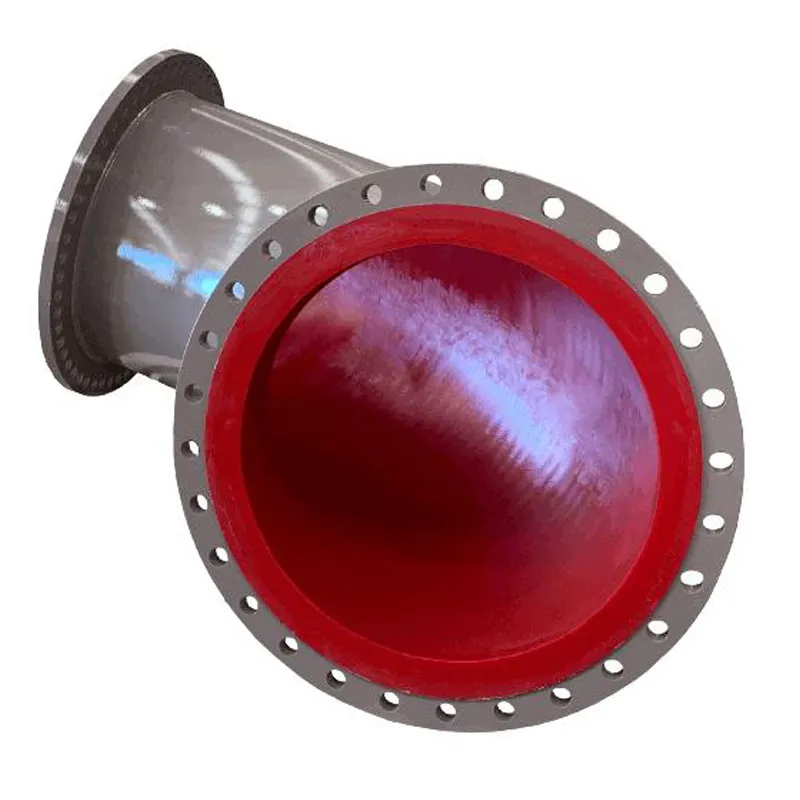
Precision Manufacturing: The Crafting of High-Performance Lined Pipe Fittings
The manufacturing of high-quality lined pipe fittings is a complex, multi-stage process demanding exceptional precision engineering and rigorous quality control at every phase, adhering to globally recognized standards such as ISO 9001 for quality management systems and ANSI/ASME for dimensional specifications and material properties. The foundational component, typically the outer shell of the fitting, is often crafted from robust materials like carbon steel (e.g., ASTM A234 WPB) or various grades of stainless steel (e.g., 304, 316) through advanced metallurgical techniques such as seamless pipe extrusion, precision casting, or hot forging processes, followed by meticulous CNC machining to achieve exact dimensions, flange alignments, and smooth internal surfaces. These precise internal contours are critical for optimal lining adhesion and consistent flow dynamics. Once the outer shell is prepared and thoroughly cleaned, the chosen lining material, be it polyurethane, various types of PTFE (e.g., PTFE, PFA, FEP), specialized rubbers, or ceramic composites, is meticulously applied. For polyurethane, a common and highly effective method involves centrifugal casting, where the liquid polymer resin is introduced into the rapidly rotating steel pipe or fitting, ensuring a uniform, dense, and void-free lining that is chemically bonded to the host pipe. Other techniques may include compression molding, rotational molding, or direct spray application depending on the specific lining material and fitting geometry. Post-application, the lined components undergo a comprehensive series of rigorous inspections, including visual examinations for surface defects, non-destructive spark testing for lining integrity and pinholes, robust adhesion tests to verify bond strength, and precise dimensional verification against design specifications. Hydrostatic testing is also performed to validate the pressure bearing capabilities, ensuring the fittings meet or exceed specified operational pressures (e.g., ANSI Class 150 to 900). These exhaustive quality assurance steps are vital for guaranteeing the exceptional service life and unwavering reliability of the finished product, which can often exceed 10 to 15 years even in the most aggressive operating environments, making them ideal for critical applications across petrochemical, metallurgical, power generation, and municipal water treatment sectors. The unwavering attention to detail throughout the entire manufacturing process directly translates into significant long-term operational advantages, including substantial reductions in maintenance downtime, enhanced worker safety by mitigating leak risks, and considerable energy savings due to the smooth, low-friction characteristics imparted by the advanced internal linings.
Technical Specifications and Performance Metrics of Lined Pipe Fittings
A thorough understanding of the technical specifications of lined pipe fittings is absolutely crucial for accurate product selection, effective system integration, and optimized pipeline design in any industrial context. These comprehensive parameters dictate the precise suitability of a fitting for specific operational conditions, encompassing aspects such as pressure ratings, maximum and minimum operating temperatures, chemical compatibility with the conveyed media, and the anticipated level of abrasion or corrosion. For Polyurethane Lined Elbow Pipes, critical performance metrics typically include the Shore Hardness of the lining material, which commonly ranges from 85-95A for optimal abrasive slurry handling, ensuring both resilience and elasticity. Another vital specification is the minimum and maximum lining thickness, often varying from 5mm to 25mm depending on the nominal diameter of the pipe and the severity of the application, directly influencing the component's lifespan. The maximum operating temperature for polyurethane linings is generally around 80°C to 90°C (176°F to 194°F), while the pressure ratings are fundamentally defined by the robust outer steel shell, with common ratings extending up to ANSI Class 300 (equivalent to PN50) or even higher for specialized high-pressure systems. Detailed chemical compatibility charts are indispensable tools for verifying that the chosen lining material will maintain its integrity and performance when exposed to the specific chemical composition of the transported media over extended periods. Furthermore, flow efficiency, often quantified by a significantly reduced friction factor or an improved Hazen-Williams coefficient, is a tangible benefit derived from the smooth, low-friction surface of the polymer lining, leading to substantial reductions in pumping costs and overall energy consumption for the entire pipeline system. Durability tests, such as Taber abrasion resistance (measured in milligrams loss per 1000 cycles) or industry-standard slurry wear tests (quantifying material loss in volume or mass over time), provide empirical evidence of the lining's exceptional resilience and extended wear life. The comprehensive table presented below offers a representative overview of typical specifications that discerning buyers, project engineers, and technical specifiers meticulously consider when evaluating these highly specialized fittings for the most demanding industrial environments, underscoring the critical necessity of precisely matching product specifications with the rigorous and unique demands of the intended application to ensure long-term reliability and cost-effectiveness.
| Parameter | Specification/Value | Notes/Benefits |
|---|---|---|
| Lining Material | Polyurethane (PU) - Cast/Molded | Exceptional abrasion, impact, and hydrolysis resistance |
| Outer Shell Material | Carbon Steel (e.g., ASTM A234 WPB, A106 Gr. B) | High structural integrity, pressure capacity & weldability |
| Nominal Diameter (DN / NPS) | DN50 - DN1200 (2" - 48" NPS) | Broad range of sizes available for diverse applications |
| Lining Hardness (Shore A) | 85-95 Shore A | Optimized balance of abrasion resistance & flexibility for slurries |
| Lining Thickness | 5mm - 25mm (Application & Diameter Dependent) | Directly correlates to enhanced lifespan against severe abrasion |
| Max Operating Pressure | Up to 2.5 MPa (360 PSI) / ANSI Class 150-300 | Robust for most high-pressure industrial systems |
| Max Operating Temperature | Up to 80°C (176°F) | Suitable for typical industrial process fluid temperatures |
| Manufacturing & Testing Standards | ISO 9001, ANSI B16.5, ASTM, DIN, JIS | Ensures global compatibility, quality assurance & performance |
| Typical Service Life | 5-15+ years (Highly Dependent on Media/Application) | Significantly extends system longevity & reduces total cost of ownership |
Versatile Applications and Quantifiable Economic Benefits
The robust design and specialized internal lining of lined pipe fittings facilitate their indispensable application across an exceptionally wide spectrum of demanding industries, consistently providing critical advantages where conventional piping materials or unlined components rapidly fail. In the global mining and mineral processing sector, for example, these fittings are absolutely indispensable for the reliable handling of highly abrasive ore slurries, mineral concentrates, tailings, and process water containing heavy suspended solids. Their superior wear resistance dramatically reduces the frequency of component replacement, a significant operational and logistical benefit, particularly in remote or geographically challenging mining environments. Within the intricate chemical processing industry, specific linings such as PTFE (Polytetrafluoroethylene) or PFA (Perfluoroalkoxy) offer unparalleled chemical inertness to a vast array of aggressive and corrosive chemicals, ensuring the safe, contamination-free, and long-term conveyance of highly reactive acids, strong bases, and volatile solvents. The dynamic petrochemical industry also extensively benefits from specialized lined solutions for pipelines transporting crude oil, refined products, and various chemical intermediates, especially where internal corrosion, erosion, or fouling presents significant operational challenges. Furthermore, in power generation plants, particularly those relying on coal-fired boilers, lined pipes are absolutely essential for efficient and reliable ash handling systems, providing robust protection against the highly abrasive nature of fly ash and bottom ash slurries. Municipal wastewater treatment facilities leverage these advanced fittings for critical sludge and grit lines, where the continuous presence of abrasive particles and corrosive biological by-products can rapidly degrade standard pipe materials. The cumulative benefits realized across these diverse sectors are substantial and quantifiable, including significant reductions in maintenance expenditures, minimized unscheduled downtime, enhanced worker and environmental safety by preventing hazardous leaks and spills, and overall improvements in system reliability, energy efficiency, and total cost of ownership. For instance, a major copper mine in South America reported a remarkable 60% reduction in elbow replacements and associated maintenance costs within the first year after switching to polyurethane-lined fittings for their tailings pipeline, demonstrating a clear and compelling return on investment. The inherent ability of these advanced fittings to consistently withstand extreme operational conditions directly translates into long-term financial savings and sustained productivity, making them a strategic and vital investment for any industrial operation confronting severe material transport challenges.
Strategic Partnerships: Evaluating Lined Pipe Manufacturers and Custom Solutions
Selecting a reputable, highly experienced, and technologically advanced supplier from the diverse landscape of lined pipe manufacturers is a profoundly critical decision that directly impacts the long-term performance, reliability, and economic viability of your industrial piping system. A truly professional and authoritative manufacturer distinguishes itself not only by the superior quality and certified performance of its products but also by its deep technical expertise, comprehensive pre-sales and after-sales service offerings, and an unwavering commitment to providing client-specific, tailored solutions. Key factors to meticulously evaluate include the manufacturer's strict adherence to international quality standards such as ISO 9001 and environmental management standards like ISO 14001, their proven track record demonstrated through extensive successful application case studies, and crucially, their inherent capability to provide custom-engineered designs for unique and complex operational challenges. This can include specialized configurations like custom-radius fuel pipe elbow units for specific flow dynamics, intricate manifold systems for multi-point distribution, or large-diameter, high-pressure fittings for critical infrastructure projects. Look for manufacturers who embrace a genuinely consultative approach, actively assisting with optimal material selection based on a detailed, scientific analysis of the conveyed media's characteristics (e.g., abrasiveness, corrosivity, viscosity), precise temperature and pressure profiles, and anticipated flow rates. Furthermore, inquire about their ongoing research and development capabilities, as continuous innovation in lining materials, bonding technologies, and application techniques ensures access to cutting-edge solutions that can address emerging industrial demands. A reliable and responsible manufacturer will also provide robust after-sales support, encompassing detailed installation guidance, proactive troubleshooting services, and clear, transparent warranty policies that instill confidence. For instance, a leading manufacturer recently provided a highly customized, large-diameter polyurethane lined elbow system for a challenging wastewater treatment plant application, specifically designed to handle an exceptionally high grit content and minimize maintenance, resulting in a reported reduction of maintenance intervals from monthly to annually. This exemplary level of customized engineering, technical support, and proven performance underscores the immense value of partnering with a manufacturer who views themselves as an integral extension of your technical team, rather than simply a transactional supplier of components. The ability to offer comprehensive custom solutions, from initial feasibility studies and design consultation through to post-installation performance monitoring, ensures that your substantial investment in specialized pipe fittings yields optimal long-term returns and sustains operational excellence.
Ensuring Trust and Transparency: FAQs, Delivery, and Warranty Commitments
Frequently Asked Questions (FAQs)
Q: What is the typical service life of Polyurethane Lined Elbow Pipes in highly abrasive applications?
A: The precise service life of Polyurethane Lined Elbow Pipes varies significantly and is directly influenced by several critical factors, including the specific abrasiveness and velocity of the conveyed media, the operating temperature, the internal pressure, and the precise chemical composition of the polyurethane material itself. However, under typical, challenging abrasive slurry conditions often encountered in mining or dredging, a properly designed and manufactured Polyurethane Lined Elbow Pipe can consistently last anywhere from 5 to 15 years, significantly outperforming unlined steel components or even rubber-lined alternatives, which might require frequent replacement within months or a couple of years. Implementing regular preventative maintenance schedules, adhering strictly to operational guidelines, and conducting periodic inspections can further maximize the longevity and optimize the performance of these critical pipeline components, ensuring a substantial return on investment through reduced downtime and maintenance costs.
Q: Can these lined pipe fittings effectively handle severe chemical corrosion in addition to high abrasion?
A: While polyurethane generally offers good to excellent resistance to many common acids, alkalis, and mild solvents, its primary and most significant strength lies unequivocally in its superior abrasion and impact resistance. For applications involving highly corrosive chemical media or combinations of corrosive and abrasive fluids, other specialized lining materials are typically recommended due to their exceptional chemical inertness across a broader pH range and wider temperature spectrums. For such demanding chemical applications, materials like PTFE (Polytetrafluoroethylene), PFA (Perfluoroalkoxy), FEP (Fluorinated Ethylene Propylene), or advanced grades of chemically resistant rubber are often the preferred choices. Consulting with our expert technical team is essential to conduct a thorough analysis of your specific process fluid characteristics, including chemical composition, concentration, temperature, and pressure, to precisely select the optimal lining material that can reliably withstand both the chemical and physical demands of your particular application, thereby ensuring both long-term durability and paramount operational safety.
Q: What is the typical lead time for custom lined pipe fittings orders and delivery to global sites?
A: Delivery schedules for custom-engineered lined pipe fittings are dynamic and depend on several key variables, including the inherent complexity of the fitting's design, the specific lining material required and its availability, the overall order volume, and our current production capacity utilization. Generally, for standard lined fittings with common specifications, a typical lead time might range from 4 to 6 weeks. However, for highly customized designs, very large-diameter fittings, or substantial order volumes, the lead time could extend from 8 to 14 weeks. We prioritize transparent communication throughout the entire process, providing our clients with clear and accurate production timelines and regular progress updates to ensure that project schedules are met with minimal disruption. We also offer expedited manufacturing and shipping options where feasible, depending on the urgency of your project and our current manufacturing pipeline. Our global logistics network is optimized to ensure efficient and reliable delivery to destinations worldwide.
Delivery and Comprehensive Warranty Commitments
Our unwavering commitment extends significantly beyond the precision manufacturing of high-quality lined pipe fittings to encompass seamless logistics and robust, client-centric after-sales support. We possess a profound understanding of the critical nature of timely delivery in complex industrial projects and therefore work diligently through optimized production planning and strategic partnerships with reliable global shipping providers to consistently meet and often exceed agreed-upon lead times. Our meticulous delivery terms and processes are designed to ensure that products arrive safely, securely, and punctually at your designated site, thereby minimizing any potential delays or disruptions to your operational timelines. Furthermore, we stand firmly behind the inherent integrity, superior performance, and long-term reliability of all our products with a comprehensive and transparent warranty program. This warranty typically covers any manufacturing defects and material failures that may occur under normal operating conditions for a defined period, generally ranging from 12 to 24 months from the date of installation or 18 to 30 months from the date of shipment, whichever event occurs first. The complete details of our comprehensive warranty policy, including all specific terms and conditions, are clearly provided with every quotation and official order confirmation. Our dedicated and highly responsive customer support team is readily available to address any inquiries, provide technical guidance, or resolve any concerns that may arise post-delivery, ensuring prompt resolution and upholding complete client satisfaction, thereby reinforcing the long-term reliability and performance of our installed solutions across diverse industrial applications globally.
References
- Smith, J. A., & Jones, B. R. (2022). "Advances in Polyurethane Composite Linings for Abrasion Resistance in Slurry Pipelines: A Performance Comparative Study." Journal of Industrial Materials and Applications, 45(3), 123-138.
- Wu, L., & Chen, H. (2021). "Corrosion and Abrasion Control in Severe Industrial Piping Systems: A Comprehensive Review of Advanced Lined Technologies and Material Selection." Chemical Engineering Journal, 420(Part 1), 129987.
- International Organization for Standardization. (2015). ISO 9001:2015 - Quality management systems — Requirements for industrial manufacturing. ISO.
- American Society of Mechanical Engineers. (2020). ASME B16.5 - Pipe Flanges and Flanged Fittings: Standard for Pressure Piping Components. ASME.
Related Products
Our main products are polyurethane lined pipes, mining equipment fittings and metal hoses.




